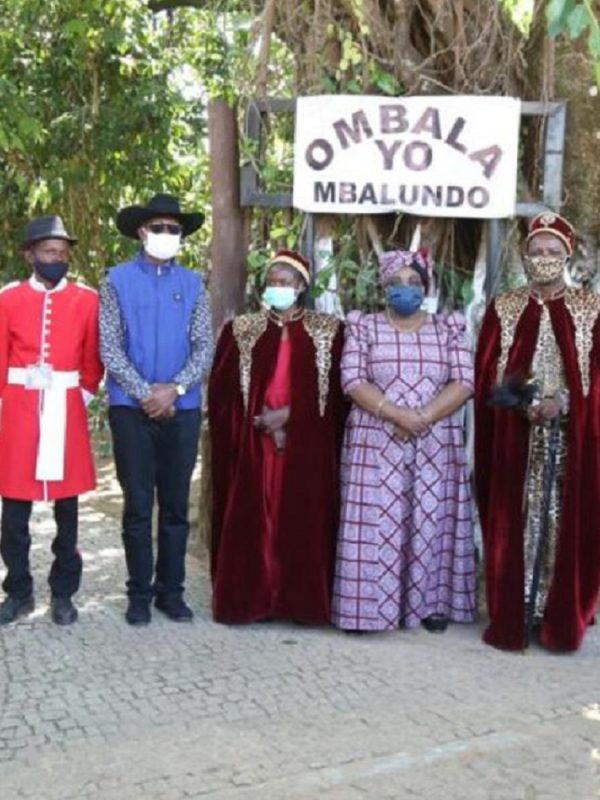The Kingdom of Bailundo emerged in the 1700s and was an African national state, of the Ovimbundu peoples, being endowed with political and economic powers. The Kingdom is located in the Central Plateau of Angola, and cover the provinces of Huambo, Benguela, bié and a part of Huila.
When the Kingdom of Bailundo appeared, in the beginning the name was Halavala, this name was given due to its geographical location, which was close to a mountain. The name was later changed to “Mbalundo” due to the use of jewelry, costume jewelry that people used to wear, these accessories were called Ombalundo.
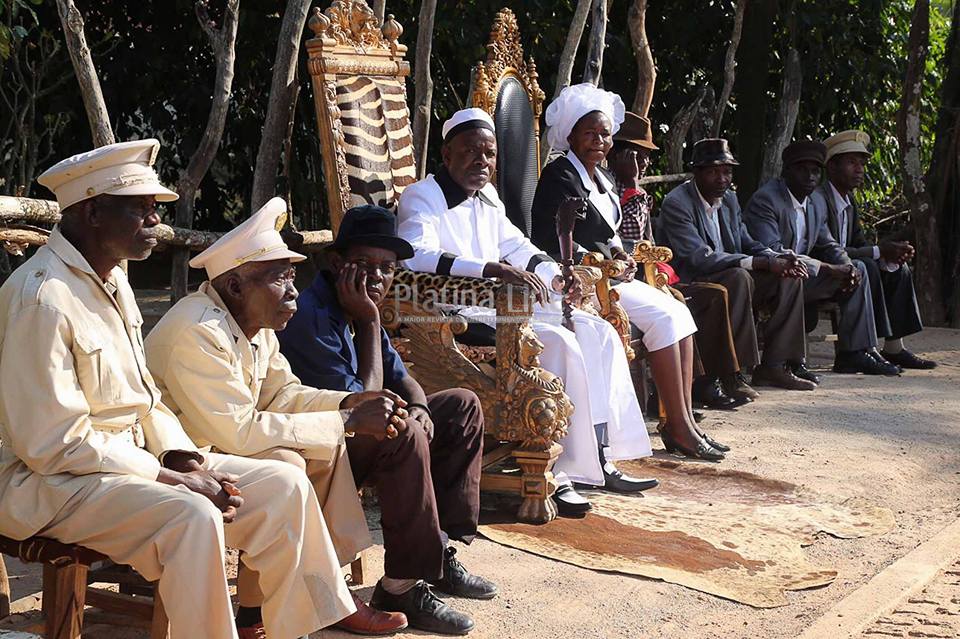
The Kingdom comprises a royal palace, 35 residences for members of the court and jangos that serve for traditional judgments that help solve the social problems that occur in the village.
Founder of the Kingdom of Bailundo
The Kingdom of Bailundo was founded by King Katyavala Bwila I, who, when fleeing from one village to another due to the conflicts that existed between the tribes in the Humbe region, reached the central plateau of Angola, properly on Mount Halavala.
The Kingdom of Bailundo had under its jurisdiction 5 cities that came together to fortify the reign of King Katyavala Bwila I. These were the cities of Calique, Andulo, Vilé, Quiaca and Halavala.
Main precursors to the emancipation of the Kingdom of Bailundo 1818-1903
Chivukuvuku Chama Chongonga – He was the 12th king to assume the throne of Bailundo, and had a very short reign, which lasted less than 1 year (1818). But their political ideologies remained during the next reigns.
Chiukuvuku was a king who found the kingdom with a weakened military defense due to the presence of the Portuguese colony. He bet on military defense bases on the kingdom's borders.
Soma Inene Jolomba Chissende Ekuikui II – In the period 1876-1890 he assumed the throne of the kingdom, emerging with a different policy. He invested in agricultural production and began to supply goods and services to Portugal.
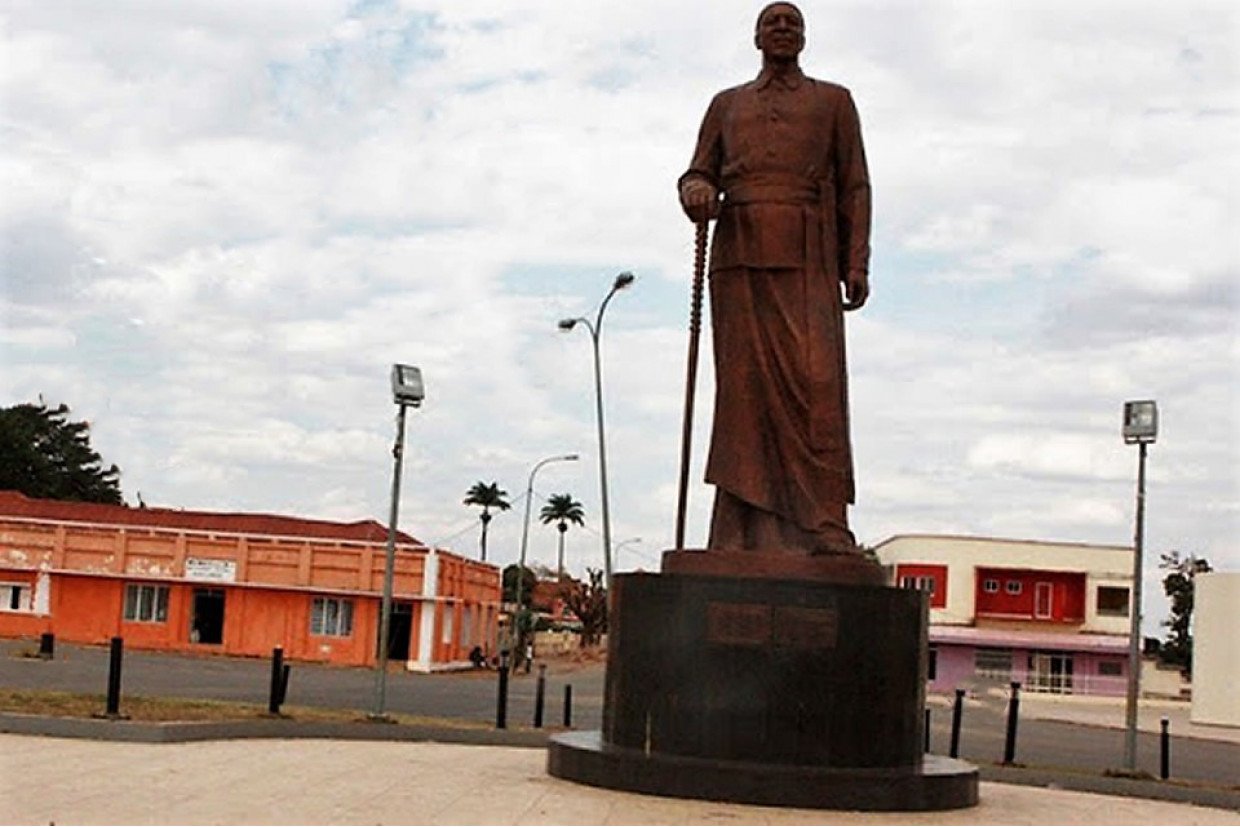
The agriculture strategy implemented by King Ekuikui II prevented the conflict with Portugal, and caused the number of villages and inhabitants to grow considerably.
Inene Sum Numa II - After assuming the throne of the Kingdom of Bailundo (1890-1892), the kingdom entered a second war with Portugal. The Portuguese troops were then under the command of Justino Teixeira da Silva.
The kingdom was quite fragile in terms of its military defense tactics, which led to looting, massacres, slavery, and mass rape.
Soma Inene Mutu-ya-Kevela – The situation of the second war with Portugal calmed down significantly after Mutu-ya-Kevela assumed the throne of the Kingdom of Bailundo (1902-1903). The king sought to establish a military alliance with the other neighboring kingdoms, such as the kingdoms of Huambo.
After a series of reorganization of the military troops and with its new alliance, the Kingdom of Bailundo won some war victories against Portugal.
In 1903, the autonomy of the kingdom of Bailundo fell definitively after King Mutu-ya-Kevela suffered a coup d'état, implemented by a priest who was on a Catholic mission. The priest handed over to the Portuguese all the military tactics of the kingdom of Bailundo.
After the Bailundo Kingdom lost its hegemony over the Portuguese troops that were now under the command of Massano Amorim, on July 16, 1903, Portugal established a post in the kingdom's capital, Bimbe-Katapi. After a few years the new capital was renamed to Vila Teixeira da Silva.
How the king was elected after the kingdom lost its autonomy
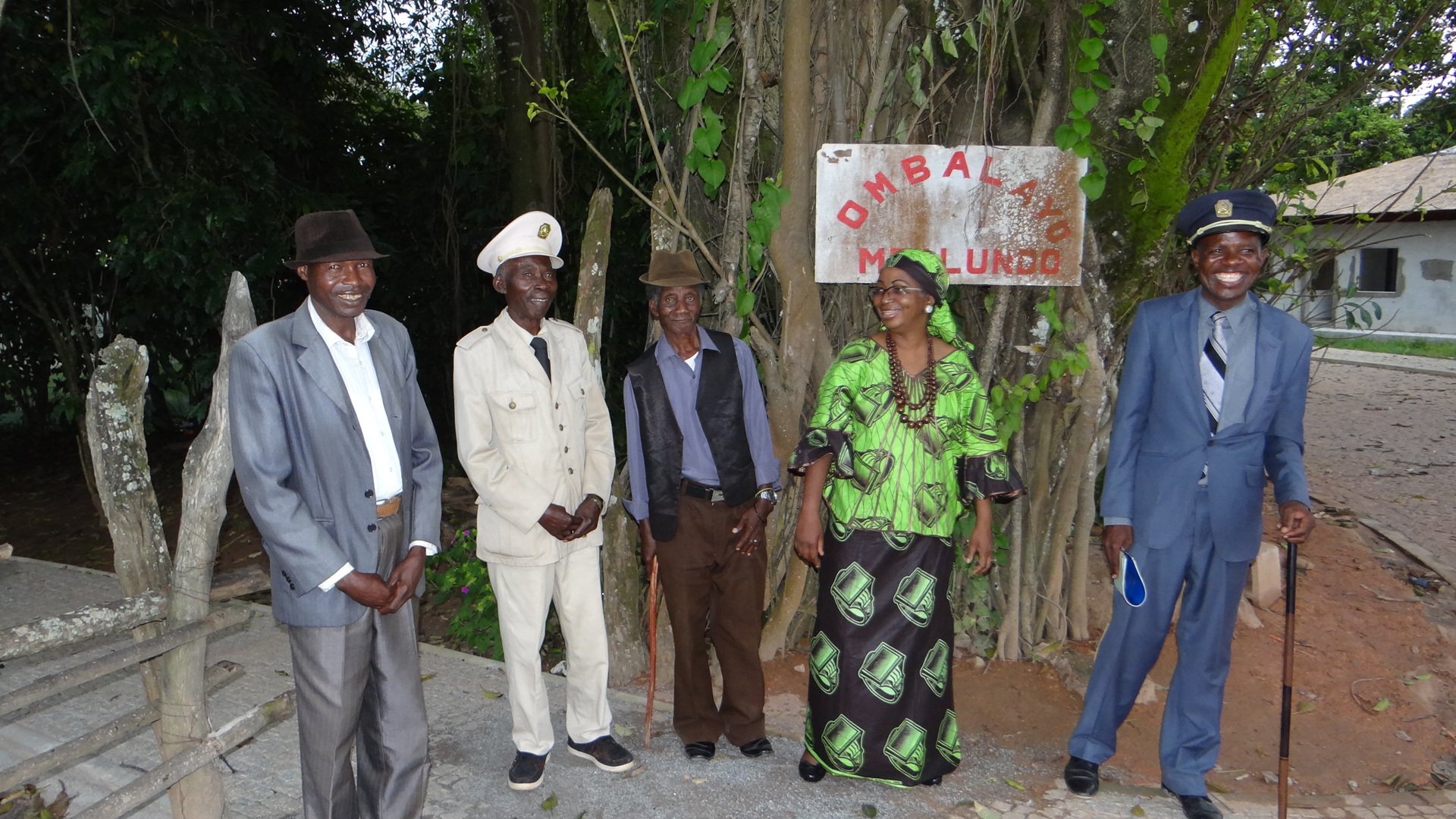
The Kingdom of Bailundo became part of the Portuguese colony from 1903 to 1975, which was the year of national independence. During the Portuguese era, some cultures and traditions could be maintained in the kingdom, but as long as the new kings were accountable to the Portuguese.
After the independence of Angola, the Kingdom of Bailundo maintained its habits and customs until the present day. The throne in the Kingdom of Bailundo today is acquired in a form of inheritance, where the children of kings are prepared from a young age to one day inherit the throne of their parents.
Currently, the 36th King of Bailundo is called Isaac Francisco Lucas Soma Quesenje and was elected in 2021, after the court dismissed Armindo Francisco Kalupeteka, Ekuikui V, for being involved in a crime that resulted in the death of a citizen.
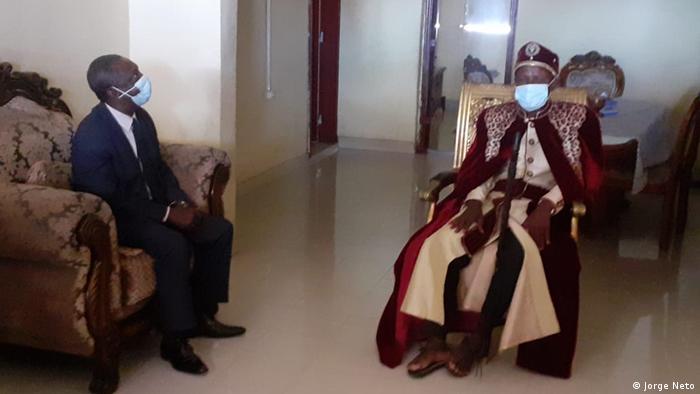
The court does not directly interfere in the kingdom's decision-making, it only interferes when there are greater reasons and when public tranquility is at stake.

